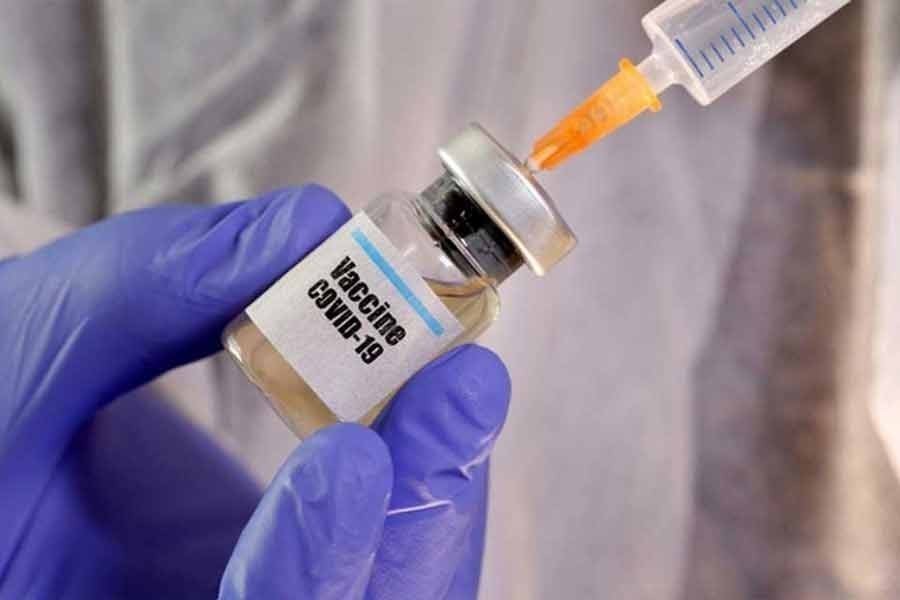India has become the first country to report more than 400,000 new coronavirus cases in a single day, as its nationwide vaccine drive launches amid a supply crisis.
Some 3,523 deaths were officially recorded in the past 24 hours - but the real figure is thought to be far higher as many fatalities go unreported.
All adults in India are now eligible to be vaccinated.
But several states say they do not have the doses to carry out the exercise.
India had previously focused on vaccinating frontline workers and the over-45s. The country is facing acute shortages of medical oxygen and hospital beds, as a devastating second wave of Covid-19 batters its health system.
How is India's rollout going?
About 150 million shots have been given, equivalent to 11.5 per cent of India's 1.3 billion people.
Despite being the world's biggest producer of vaccines, the country is suffering an internal shortage and has placed a temporary hold on all exports of AstraZeneca to meet domestic demand.
More than 13 million people aged 18-45 have registered for the jab, but states including central Madhya Pradesh and hard-hit Maharashtra have said they will not start vaccinating this age group on 1 May as planned due to supply problems.
Delhi Chief Minister Arvind Kejriwal asked people not to queue up for injections as the Indian capital had not yet received doses.
"As soon as vaccines arrive we will let you know, then you can come for shots. We appeal to you not to crowd vaccine centres in the next few days," Mr Kejriwal said. He later announced that the lockdown in Delhi would be extended by another week.
Experts believe India should ramp up vaccination in areas of high transmission and in five states where elections are being held.
Bhramar Mukherjee, a biostatistician at the University of Michigan, told the BBC the country needed to administer 10 million shots daily "instead of being complacent with three million".


